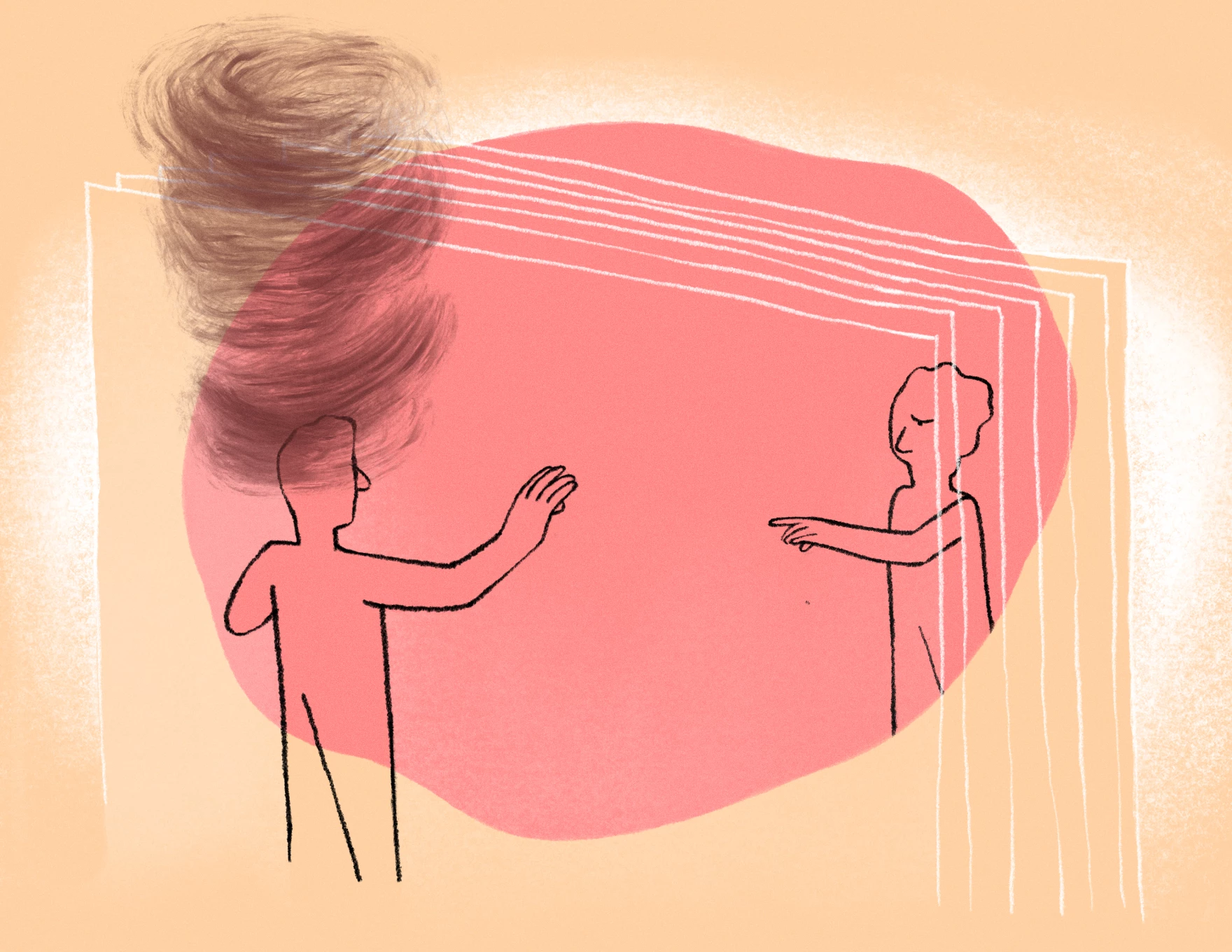CARE Court Aims To Help People Living With Serious Mental Illnesses. Would It Bring New Solutions Or More Problems?

KPCC, July 20, 2022, by Robert Garrova: There’s a bill making its way through the state legislature that aims to create new avenues for people living with a serious mental illness to get life-saving treatment.
The plan, first introduced by Governor Gavin Newsom in the spring, is called the Community Assistance, Recovery and Empowerment Act — or CARE Court for short.
But the proposal, which has seen broad support so far from California lawmakers, remains very controversial, even as it clears major milestones in Sacramento.
The bill cleared the Senate unanimously in May and easily advanced out of the Assembly Judiciary Committee. The measure is expected to hit the governor’s desk this fall.
Here are the basics of the bill as it stands now: People living with a serious, untreated mental illness could be referred for a court-ordered care plan that would, after psychiatric screenings, last up to two years. The court intervention could be initiated by a family member, county behavioral health workers or even first responders. If the care plan fails, the person could be hospitalized or referred to a conservatorship. That might mean forced treatment and a stripping of individual rights.
Read more from KPCC here.




